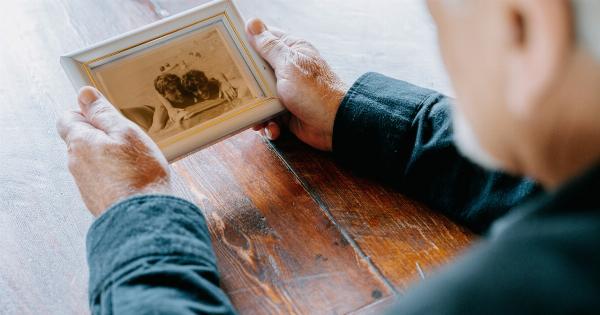Celebrity deaths often make headlines and the public reacts with shock, sadness, and sometimes outrage. These reactions can be understood through psychological and cultural factors.
This article will explore the reasons behind our reactions to celebrity deaths.
1. Parasocial Relationships
Parasocial relationships are one-sided relationships that people form with media figures. They feel like they know the celebrity personally even though there is no personal interaction.
When a celebrity dies, their fans may feel like they have lost a close friend or family member. This is why many people feel emotional when a beloved celebrity dies.
2. Social Identity Theory
Social identity theory proposes that individuals self-identify based on the groups they belong to. A celebrity’s death can trigger a sense of loss and grief in fans who identify strongly with that celebrity’s group.
The loss can feel personal even if there has been no direct interaction between the fan and the celebrity.
3. Cultural Significance
Certain celebrities represent something important to society. For example, Princess Diana was beloved by many because of her charitable work. Kobe Bryant was seen as a role model for basketball players and fans alike.
When a celebrity represents a certain cultural significance, their death can feel like a loss for society as a whole.
4. Personal Memories and Experiences
Celebrities often play a significant role in people’s lives. For example, a fan might have fond memories of watching a specific movie or listening to a certain song that a celebrity was a part of.
When that celebrity dies, it can feel like a personal loss of those memories and experiences.
5. Social Media and News Coverage
The prevalence of social media and 24-hour news coverage means that celebrity deaths are often widely reported and discussed. This can contribute to the feelings of shock and sadness that many people experience when a celebrity dies.
Social media also allows fans to share their thoughts and feelings, creating a community of mourning.
6. Death and Mortality
Death is a universal experience that everyone will eventually face. When a celebrity dies, it can serve as a reminder of our own mortality. This can be especially true when a celebrity dies unexpectedly or at a young age.
7. Controversial or Unexpected Deaths
Sometimes a celebrity’s death is controversial or unexpected, which can add to the shock and sadness that people feel. This can be seen in cases where a celebrity dies from drug overdose or suicide.
The circumstances of the death can also lead to anger or frustration, as was seen in the case of Michael Jackson’s death.
8. Grief and Coping Mechanisms
Grief is a natural response to loss, and different people cope with grief in different ways. Some people may feel the need to memorialize the celebrity through social media or by attending a public memorial.
Others may feel the need to distance themselves from the news coverage and focus on their personal memories. It’s important to recognize that there is no right or wrong way to grieve.
9. Positive Cultural Impact
Celebrities can have a positive impact on culture and society. When a celebrity dies, their contributions to society may be more fully appreciated.
For example, after Robin Williams’ death, many people shared stories of how his humor and kindness had touched their lives.
10. Legacy and Immortality
Celebrities often leave a lasting legacy through their work and their impact on society. Some fans may feel comforted by the idea that the celebrity’s legacy will live on after their death.
This can also create a sense of immortality for the celebrity, as their impact will continue to be felt for years to come.






























